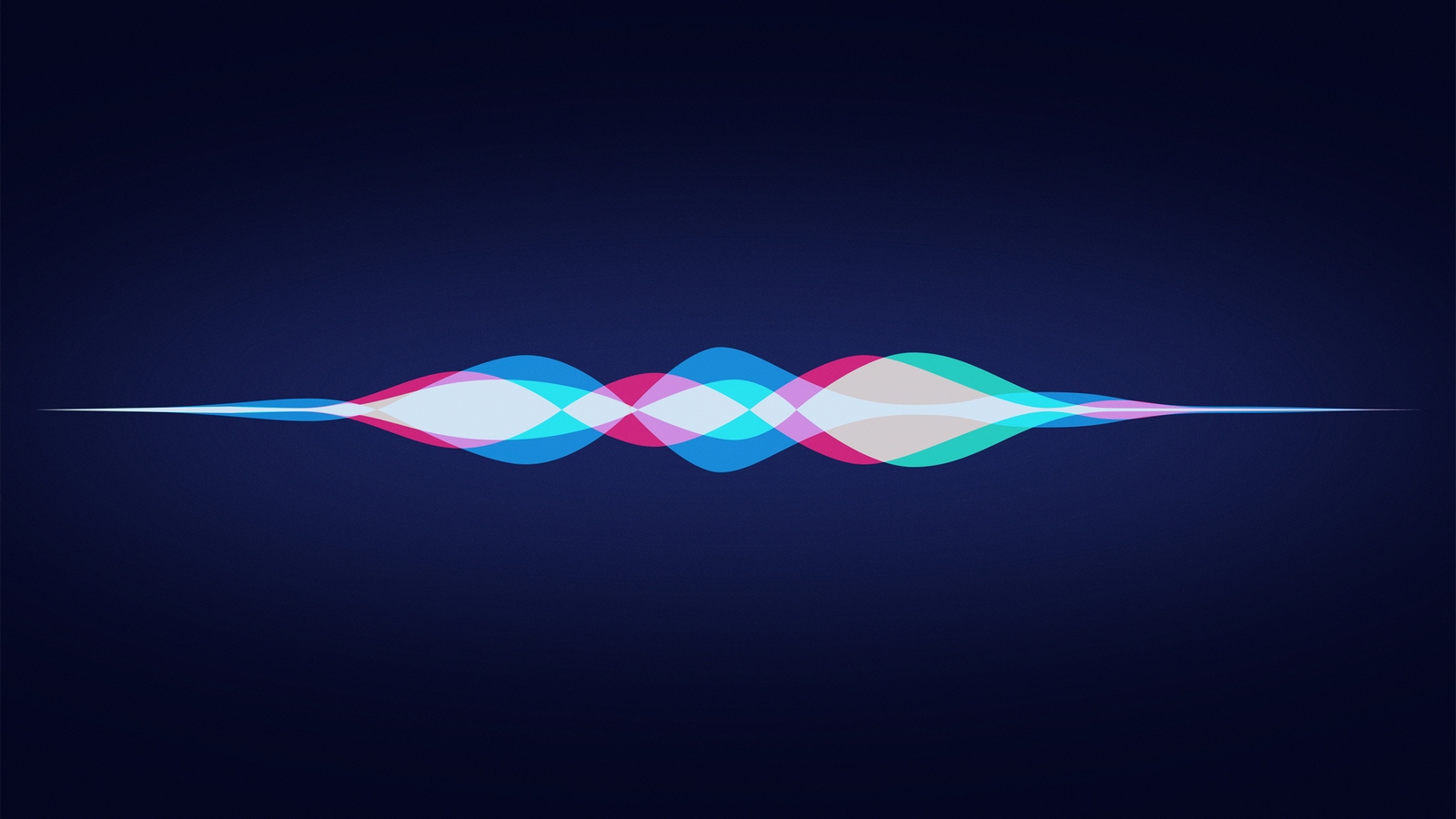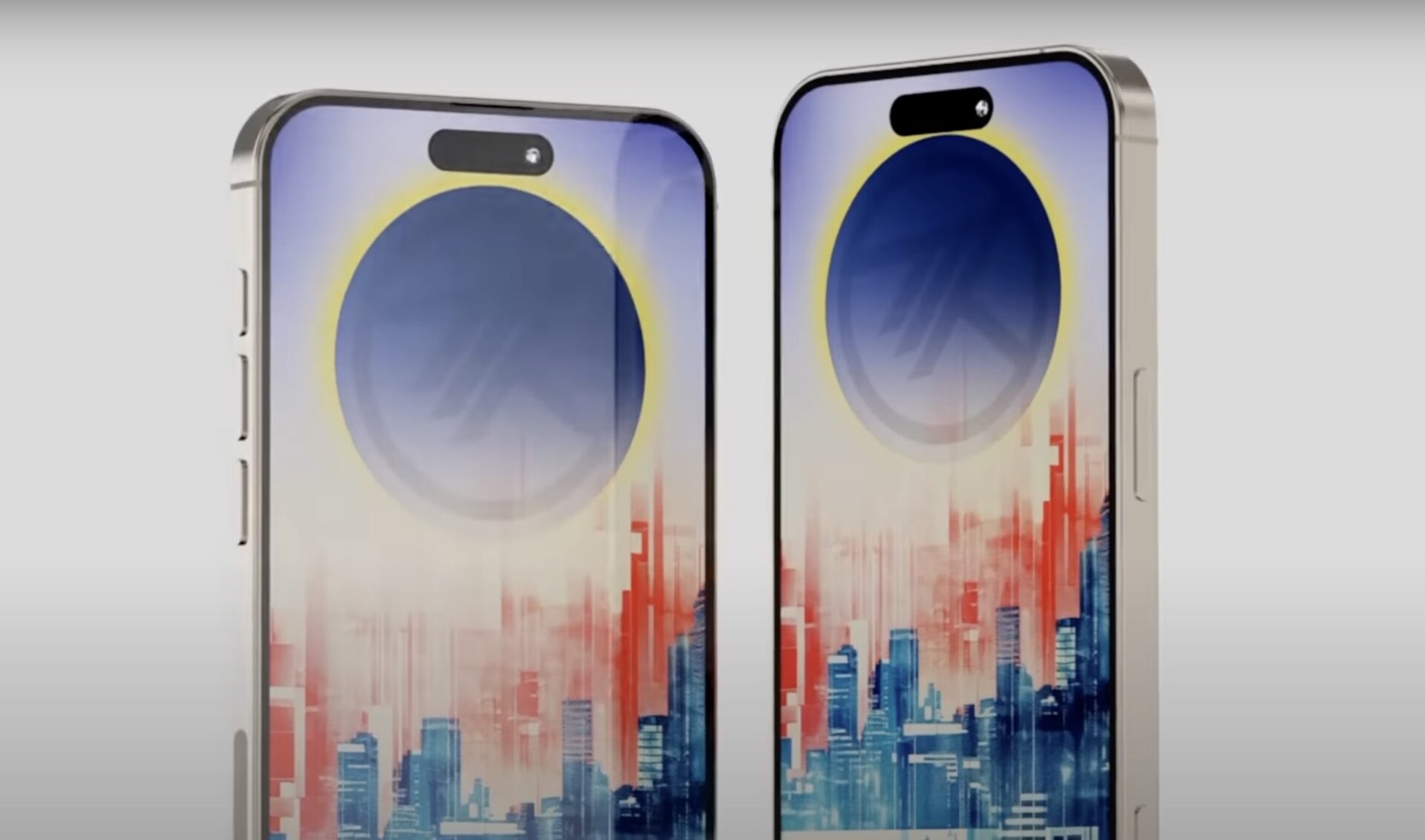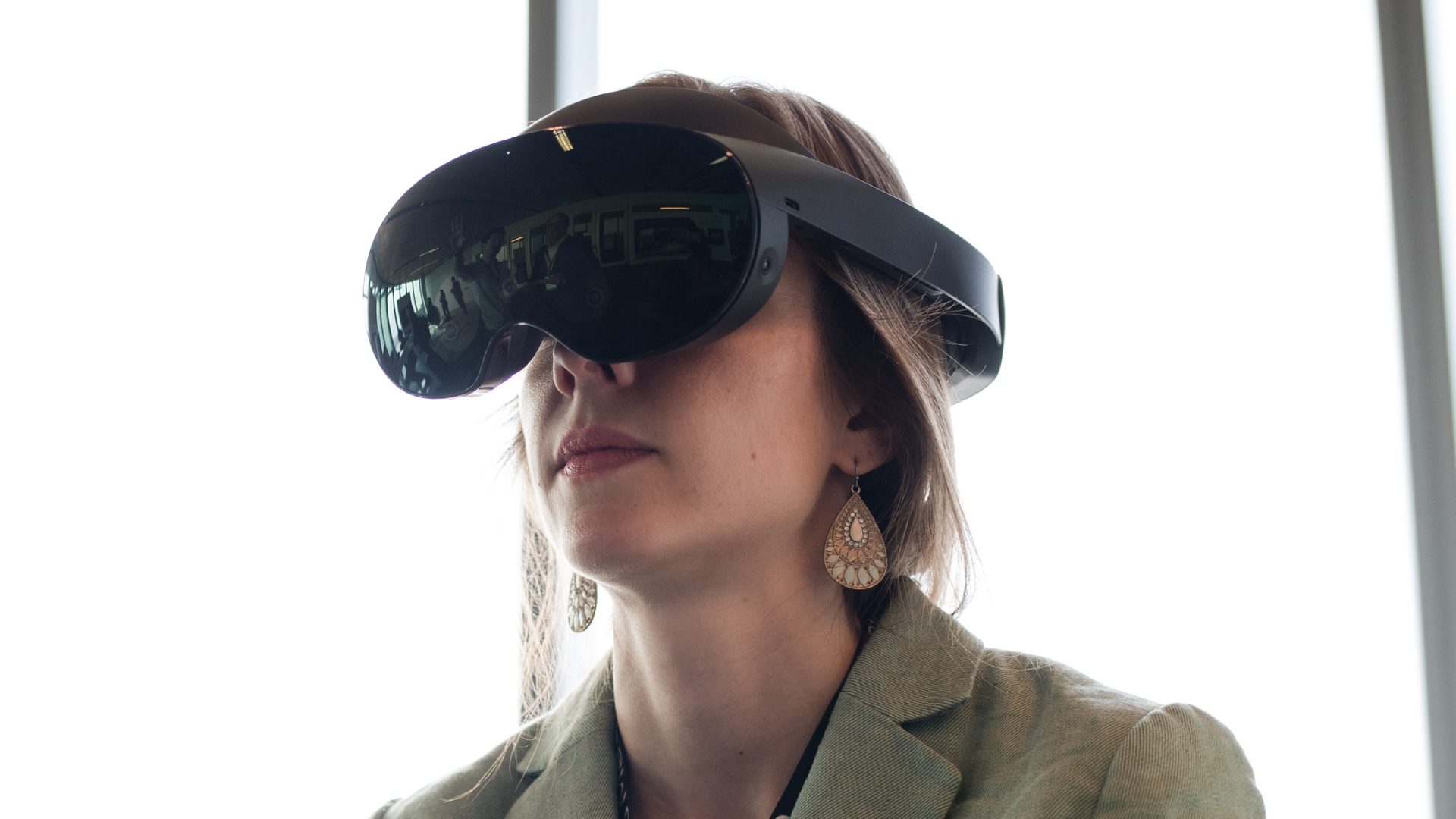
Apple’s User Privacy Policy Doesn’t Affect Siri’s Overall Intelligence
Many big tech companies provide some kind of voice assistant – Apple’s Siri, Amazon’s Alexa, Microsoft’s Cortana, and Samsung’s Bixby are the first few that come to mind. While an AI assistant collects a user’s personal data to learn more about the user and function more efficiently, does Apple lag behind due to user its user data privacy policies?

A new story from Fast Company argues that while artificial intelligence technology in voice assistants has increased drastically over the past few year, Apple is, in fact, lagging behind some of the other big players due to its advanced protection of user data.
According to the report, “one narrative that’s emerged over the past year says that Apple’s AI efforts lag behind the work of other big tech companies in part because of its dedication to protecting user data. Among the big tech companies, Apple has taken a hard line on privacy, has tried to resist any collection of personally identifiable user data in its servers, and been reluctant to embrace the data mining that powers much of the tech industry.”
“The company has repeatedly argued–sometimes in court–that your personal data should be kept private, untouched by the police, advertisers, or even, in most cases, by Apple itself,” the report continues.
For the most part, Apple has been quiet on this point. However, several members of Apple’s AI and Siri teams recently spoke to Fast Company and said that user privacy and smart AI are “not competing principles.”
“I think it is a false narrative,” said Greg Joswiak, Apple’s VP of product marketing. “It’s true that we like to keep the data as optimized as possible, that’s certainly something that I think a lot of users have come to expect, and they know that we’re treating their privacy maybe different than some others are.”
Craig Federighi, the company’s senior vice president of software, wrote in an email to Fast Company that “Siri is no longer just a voice assistant . . . Siri on-device intelligence is streamlining everyday interactions with our devices.” Apple teams have “worked to make it a core part of all of our platforms”—iOS, MacOS, tvOS, watchOS, and HomePod.
“With the software update coming this fall, users will experience even more Siri functionality, and in the years to come it will be ever more integral to the core user experience on all of our platforms,” Federighi said.
Read how Apple’s Siri functions without needing droves of personal data here.

